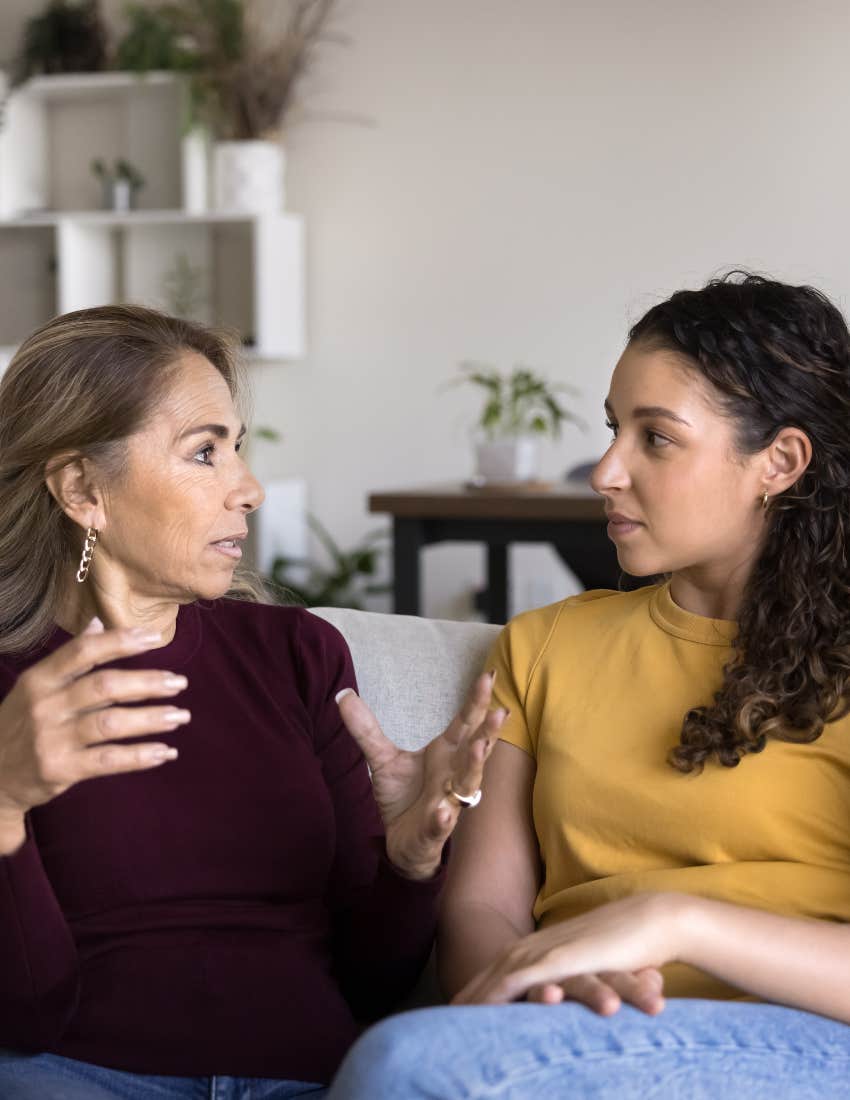The Art Of Emotional Validation: 4 Simple Habits Of People Who Make Others Feel Seen
Some people have a way of making you feel instantly understood.
 Ginnet Delgado | Canva
Ginnet Delgado | Canva When someone is upset or angry, whether justifiably or not, the most productive thing to do is to validate their feelings. Emotional validation will make them feel seen and be far more receptive to the other side of things.
Unfortunately, most people typically respond with defensiveness, justifications, and counterattacks in such situations. All of those responses make the other person far less receptive to what others have to say. People who excel at emotional validation don't rush to fix things or judge; instead, they listen and make space for emotions to exist without shame.
Here are 4 simple habits of people who make others feel seen:
1. They pay attention when others speak
People will feel seen when they are looked at as they speak. People who make others feel seen will nod and give other indications that they're interested and taking in what is said.
Someone who makes others feel seen understands that listening isn't just about hearing words; it's about tuning in to tone and emotion. Their eye contact and thoughtful pauses tell you they're fully there with you, and in a world where most conversations feel rushed or half-hearted, that kind of attention feels rare and deeply affirming.
2. They listen with empathy and compassion
 fizkes via Shutterstock
fizkes via Shutterstock
People who are adept at emotional validation listen deeply to the other person's perspective so they can convey it back to them. They don't try to make the problem go away by explaining why they shouldn't feel the way they do. Telling someone they shouldn't feel the way they already do is a guarantee of making them more upset.
3. They ask questions for further clarity and detail
People who are adept at emotional validation ask questions about the general sentiment of the person's experience, which helps the person process their emotions. People often are so busy thinking about a defense or a counterattack that they stop listening, which makes it hard to convey exactly what they're feeling and why, and they are afraid to get it wrong.
A study investigated opening the circle of pursuit and distance to show a sequence of pursue-withdraw, attack-withdraw, attack-defend, and withdraw-withdraw that eventually will end with just the option to withdraw left.
4. They reflect what they heard
 Chay_Tee via Shutterstock
Chay_Tee via Shutterstock
By retelling the story of what happened in their own words, people who are adept at emotional validation can express how the other person felt about it from that person's perspective as accurately as possible. This is a way of checking to make sure they are capturing the feelings correctly. If not, they ask for clarification or correction and try that part again.
How do they know they did it right? Once done, the other person should be able to confirm they feel understood, and they should look relieved/calmer because feeling seen and understood is immensely cathartic. However, emotional validation takes practice, so there is a learning curve.
If an apology is necessary, they offer one. If not, they introduce a different perspective that includes any relevant objections or justifications.
Emotional validation, which is conveying that the other person's feelings are understood, is an effective way to soothe another person. Research showed that rejected people don't usually adapt their behavior. And yet so many people use counter-attacking or getting defensive in such situations, and they admit to not knowing how to convey emotional validation well to begin with.
Emotional validation is a crucial relationship skill and an incredibly useful one for conflict resolution, but doing it can feel scary and intimidating. For someone to be validated about their feelings requires an understanding of what their feelings are by giving them the space and time to express themselves, and by the person trying to understand taking the space and time and asking for clarifications, elaborations, or posing open-ended questions to get more information.
Guy Winch is a distinguished psychologist and acclaimed author. His work has been featured in The New York Times and Psychology Today.

